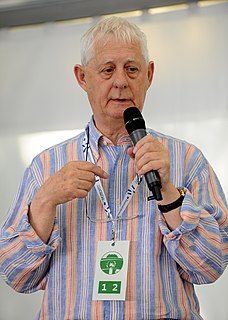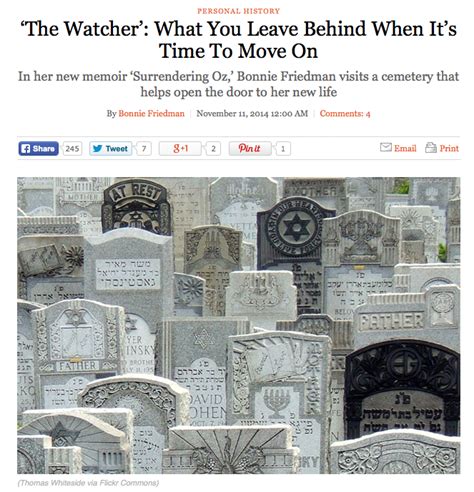A Quote by John Larroquette
I can't pass up a blank book when I see it in a bookstore. And I write a sentence in it, and then I put it away.
Related Quotes
I turn sentences around. That's my life. I write a sentence and then I turn it around. Then I look at it and I turn it around again. Then I have lunch. Then I come back in and write another sentence. Then I have tea and turn the new sentence around. Then I read the two sentences over and turn them both around. Then I lie down on my sofa and think. Then I get up and throw them out and start from the beginning.
I write lyrics really fast. When it's time to write, I usually put them off until the very end and then when it's time to write I can just sit down: I sing the melody, whatever the melody is, because that's the first thing that's already been there for a long time; I start singing it and I start creating consonants and vowels; then they turn into words; then all of the sudden one sentence will happen; then that sentence will dictate how the rest of the sentences happen.
I start my process hand written, and then I dump it in. It's like you're getting a second draft 'cause when I put it in the computer, I fix it and change stuff. That's my process. I picked that up from speaking to Neil Gaiman and Joe Hill. I was messing around with the idea of starting to write more, writing a book and doing things like this, and I reached out for advice. They were like, "Oh, we hand write, and then we dump it all in." I was like, "Great! There's no more blank pages."
I usually start writing a novel that I then abandon. When I say abandon, I don't think any writer ever abandons anything that they regard as even a half-good sentence. So you recycle. I mean, I can hang on to a sentence for several years and then put it into a book that's completely different from the one it started in.
I am driven by love and I have been in love with a handful of different people, men and women. It's like, if you go to a bookstore and you know exactly what kind of book you want, you have to look it up in the system because it's in a specific section of the bookstore. I fit into a handful of sections in the bookstore.




































